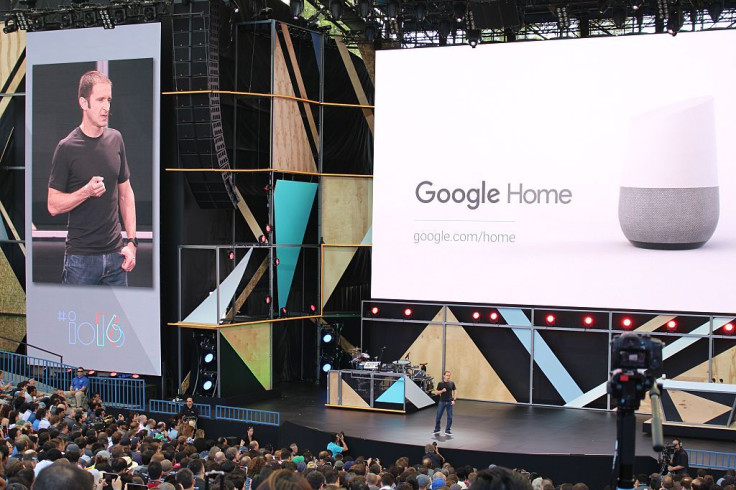CES 2019: Google Assistant Plans Announced; How About Android 10.0 Q?

Google was one of the companies who made a ton of announcements at CES 2019 recently. Among the highlights the tech giant revealed was its Google Assistant, something it said would be on 1 billion devices around the world by the end of the month.
According to Tech Crunch, the goal of its voice-driven AI helper is to get onto devices and offer a better interactive setup to aid consumers. This should be something to watch out for since the Google Assistant made its debut back in May 2016. It had initially rolled out via Google's Pixel and Pixel XL, but most may have noticed that it has slowly crept into other consumer electronic devices such as smart TVs, speakers, tablets and more.
There are plenty of other devices and things that Google Assistant can do, and this seems to be the goal starting this year. Aside from the speakers and home electronic devices, other potential solutions to help humans in their needs include a new interpreter mode to help people on the fly and assist people during flights.
Companies have not been forgotten as well, with a new initiative in Assistant Connect that is being designed to help manufacturers make simple devices do the heavy lifting and other activities.
Speaking of updates, equally interesting is Google's next mobile operating system. Android 9.0 Pie launched back in August, so mobile phone owners are eager to see what Android 10.0 Q will bring. Among those suggested include a dark mode, a multi-resume, an update to split-screen (allowing two apps to be viewed and run simultaneously) and warnings for folks who plan to install older apps that worked well on a previous Android OS version.
Android 10.0 Q will also have a native support app called screen continuity for use in foldable phones. Foldable handsets and tablets have been teased a lot last year, raising some concerns on the bendable display that it is expected to come with. This feature will make sure that apps do not act up, accounting for a seamless transition from the fixed or traditional displays to a more immersive layout.
© Copyright IBTimes 2024. All rights reserved.





















